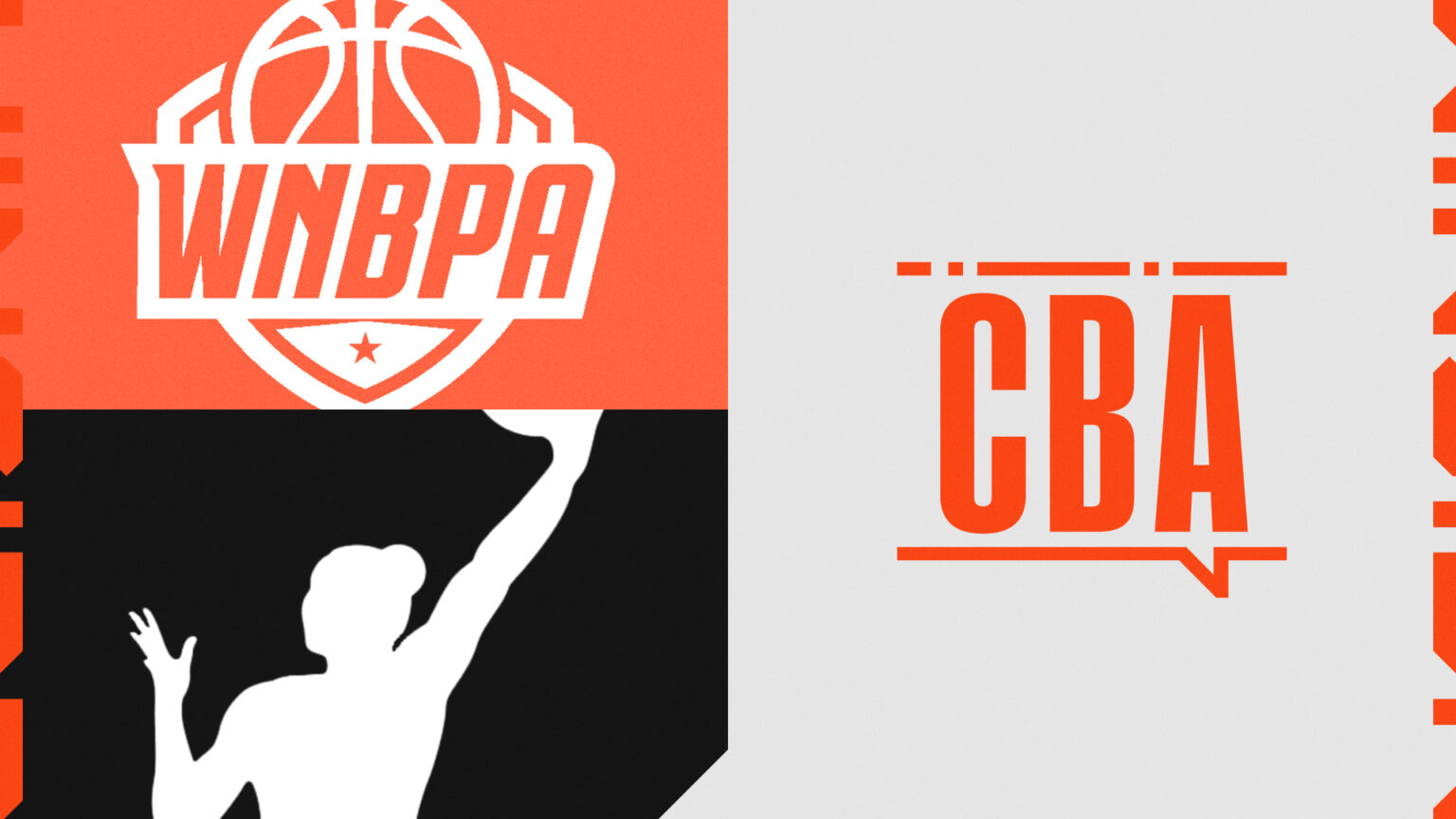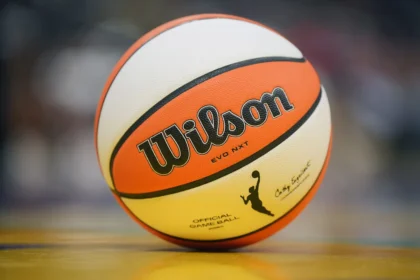This week marks a crucial moment for the WNBA as the collective bargaining agreement (CBA) between the league and the players’ union is set to expire on October 31. The outcome of negotiations in the upcoming days could profoundly impact women’s professional basketball, affecting everything from player pay and league growth to the broader pursuit of equality in women’s sports.
An attorney for the Women’s National Basketball Players Association (WNBPA) has indicated that a new CBA is unlikely to be finalized by the Friday deadline. Erin D. Drake, senior and general counsel for the WNBPA, expressed disappointment on a recent podcast, highlighting difficulties in finding mutual urgency and agreement with the league. Meanwhile, ESPN reports that the WNBA has offered a 30-day extension to continue talks, though the players’ union has yet to decide if they will accept it—conditions for an extension are still considered unmet by the union.
The CBA is more than just a pay deal; it forms the legal foundation for the league’s operations, from salaries and dispute resolution to training camp schedules. When the CBA expires, the league loses many enforcement powers. If no new deal is reached or an extension agreed upon, the league could face a work stoppage—either a lockout imposed by the league or a strike by the players—freezing trades, contracts, and expansion plans, including the introduction of Portland and Toronto as new teams next season.
Alternatively, both sides might maintain the status quo, temporarily operating under the expired CBA’s terms until one party acts to halt normal activities. While the WNBA has never had a labor disruption, other professional leagues have experienced delays and legal battles when negotiations failed, such as the 2011 NBA lockout where talks stalled, legal actions were filed, and the season was shortened.
Before the CBA deadline, the parties have two options: negotiate an extension to maintain current conditions while continuing discussions, as was done with the last CBA in 2020; or let the CBA lapse, which could lead to a lockout denying players access to facilities and paychecks. The WNBPA might respond with legal strategies, including filing unfair labor practice claims with the National Labor Relations Board (NLRB) to compel the league to negotiate in good faith, thereby increasing pressure on the league and strengthening player unity.
If labor law routes aren’t effective, players might pursue antitrust actions by decertifying the union, which would remove some labor protections and challenge league rules like salary caps under antitrust laws. This “nuclear option” entails significant legal risk but could shift leverage to the players, as seen in the 2011 NBA conflict where players countered a lockout with antitrust lawsuits.
At the heart of the dispute is how the league calculates “revenue.” Players want WNBA salaries tied to “Basketball Related Income” (BRI), akin to the NBA model which distributes about half of league revenue to players. Currently, the WNBA uses a fixed salary structure with limited annual raises, which disconnects player pay from the league’s financial growth despite rising sponsorship and media deals. Moving to revenue sharing would legally require transparency and auditability of league finances.
Commissioner Cathy Engelbert’s leadership has come under scrutiny, particularly her absence from recent talks, raising questions about whether negotiations have been properly authorized under labor laws. Players are also pushing for improved benefits such as better retirement plans, maternity coverage, and more flexible overseas play rules, which carry potential legal ramifications if they disproportionately affect certain players.
This negotiation process shapes more than just paychecks; it defines the future narrative of women’s sports. With a forthcoming media deal projected to surpass $2 billion, the players’ ability to secure a substantial share will determine the league’s financial and cultural trajectory for years to come. If agreement or an extension is reached, the WNBA could enter a new era marked by growth and player empowerment; if not, it faces an uncertain and potentially disruptive offseason shaped by legal and moral conflicts.
Fan Take: This negotiation period is pivotal for WNBA fans as it could redefine player compensation and league growth, ensuring athletes benefit fairly from the sport’s rising popularity. How these talks conclude will signal the strength and future of women’s basketball, highlighting the ongoing fight for equity both on and off the court.



